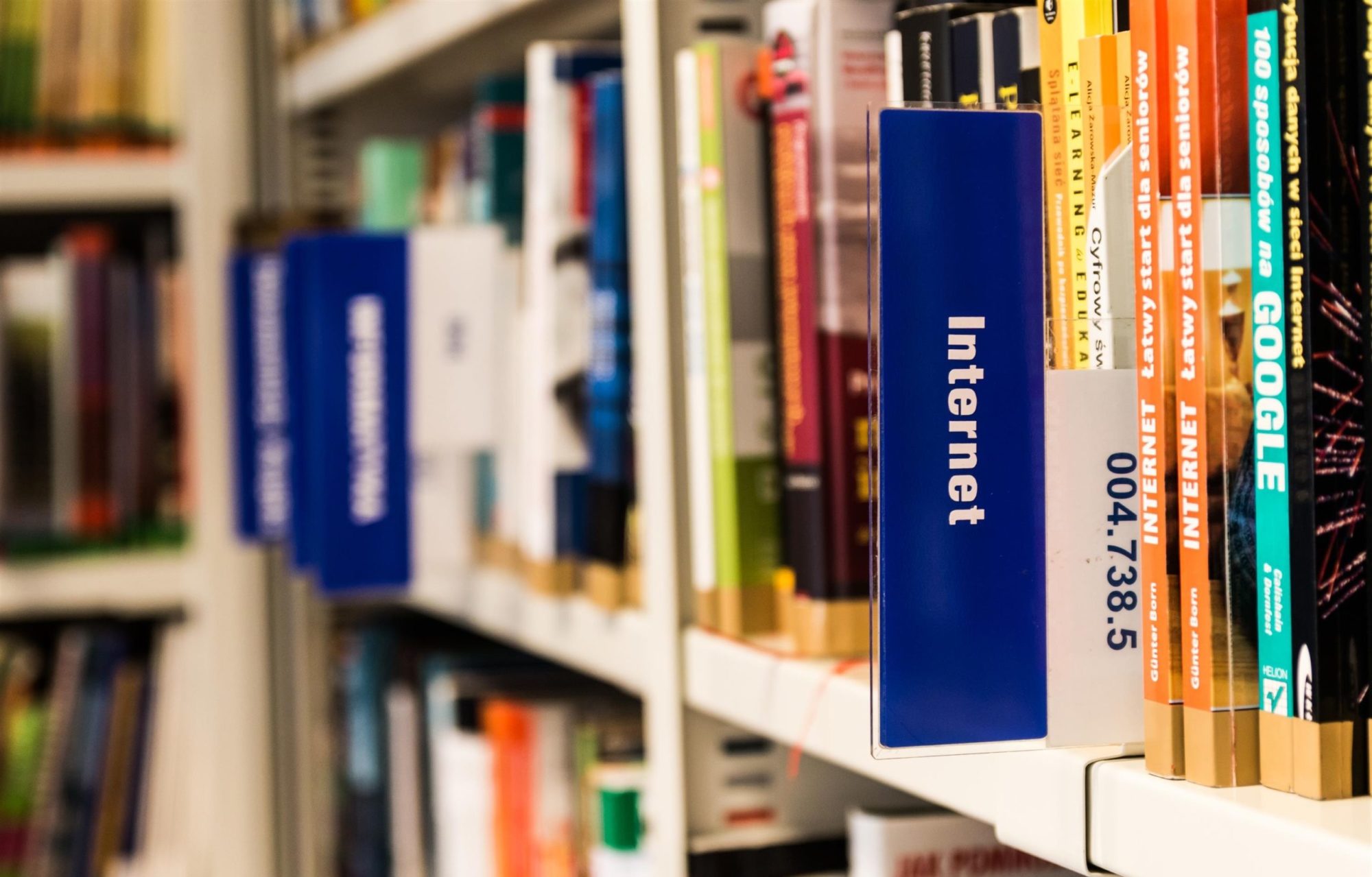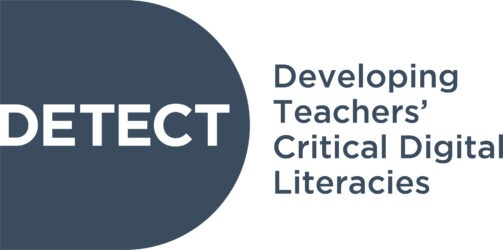The CCEA is a non-departmental public body (NDPB) funded by and responsible to the Department of Education (DE) in Northern Ireland and their website provides many different learning resources for pupils from Pre-School age (3-4) up to Post-16 in relation to this.
Below is an extract from their website:
Central to our curriculum is its aim to equip our young people to make informed and responsible choices and decisions throughout their lives, and we see eSafety as an important aspect of this. It’s not just about the technology, but also core concepts of personal safety, of showing respect for others and of critical discrimination.
Also, the Wellbeing Hub shows how the Northern Ireland Curriculum promotes the learning and development of skills that support pupils’ wellbeing and mental health. It also supports the Emotional Health and Wellbeing Framework for Children and Young People in Education that’s being developed collaboratively by the Departments of Education and Health, the Public Health Agency, the Health and Social Care Board, and the Education
Authority (EA).
- eSafety, well-being, awareness, relationship skills, decision-making
- Subject Area Online safety
- text | video | image
- video: video introduction text: articles, news image: pictures links to other sites and resources
- mp4, jpeg, txt
- CCEA CCEA is the Council for the Curriculum, Examinations and Assessment. It is a nondepartmental public body (NDPB) funded by and responsible to the Department of Education (DE) in Northern Ireland
- Attribution – Only noncommercial uses (CC BY-NC)
- https://ccea.org.uk/legal/help/esafety

